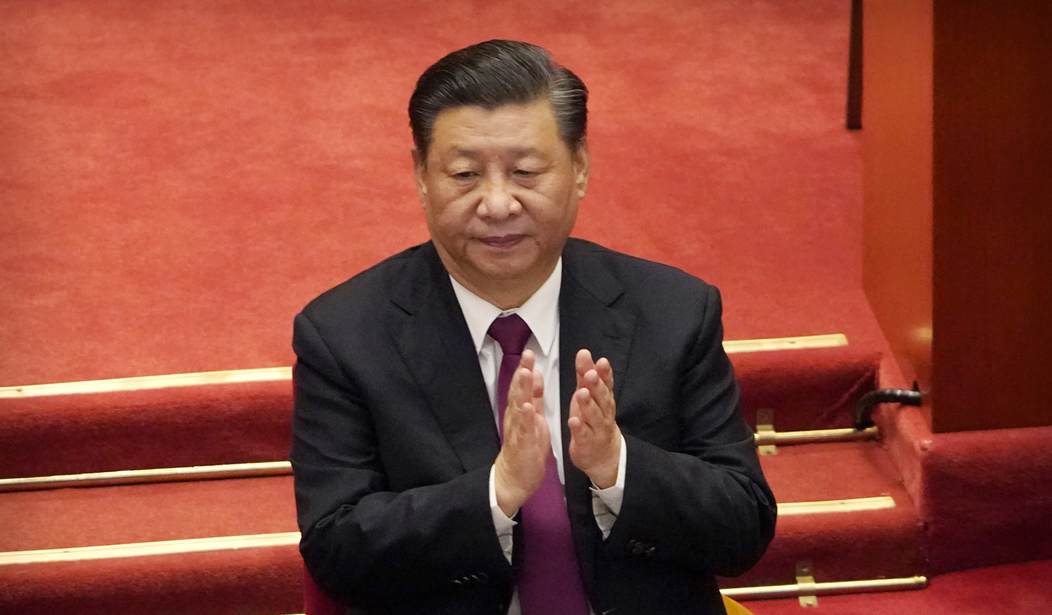The Chinese government’s stranglehold on tech companies shows no sign of letting up. The Communist government believes it is time to enact more of what they’re calling “anti-monopoly measures” in hopes of spreading wealth and encouraging more competition.
President Xi Jinping’s idea of preventing this involves more government involvement, not loosening the reins more to encourage competition. Just look at the guides to foreigners looking to start Chinese-based companies. They’re chock full of barriers like forcing companies to stay in their lane on products and services. The government shuts businesses down if they stray from the service path. Not conducive to a positive business environment.
Yet Jinping sees it necessary to make sure companies adhere to China’s Communist ideals instead of seeking more independence and creativity. From The Associated Press via POLITICO:
[The] party plans emphasize robots, chips and other hardware, so these companies are rushing to show their loyalty by shifting billions of dollars into those.
The ruling party’s campaign is prompting warnings the world might decouple, or split into separate markets with incompatible technology. Products from China wouldn’t function in the United States or Europe, and vice versa. Innovation and efficiency would suffer
Certainly easier to make sure companies follow government policy by using robots and chips versus human labor. But China sees these moves as promoting a better economy rather than hindering it. Their justification? Other countries are doing it.
“The EU unveiled the Digital Service Act and Digital Market Act in 2020 to break monopolies and eradicate unfair competition,” Research Center of Intellectual Property and Competition Law at Wuhan University Director Ning Lizhi crowed in China Daily last month in defense of China’s crackdown. “The US House of Representatives issued five antitrust reform bills on June 11, and President Joe Biden signed the Executive Order on Promoting Competition in the American Economy on July 9. And tech giants such as Google, Apple, Facebook and Amazon have been heavily fined and are facing investigations for flouting competition and data protection laws of the EU and the US.”
The rest of Lizhi’s piece could be attributed to Massachusetts Senator Elizabeth Warren or Missouri Senator Josh Hawley in decrying Big Tech for “leak[ing] the personal data of consumers, and restricted other companies from selling products on certain platforms.” Of course, Lizhi isn’t running for Chinese president (yet), unlike Hawley or Warren who want to run America.
China takes data collection a step further than anything in the U.S. or EU, at the moment. AP reports the country’s new law on data collection does not prevent the government from using data collected from private companies to track users. At least we don’t have that in America (not completely given the Patriot Act and other so-called “anti-terrorism” laws which affect innocents versus criminals.).
The Internet’s a wonderful thing when it comes to technological and economical advancement. It allows the coffee company in New York to sell their wares to someone in Texas, a cook to share recipes across the globe, an author self-publish novels, or a group of friends across the world play fantasy sports. More government involvement isn’t needed, despite the fact that’s what will happen given the government’s desire to get its grubby little paws in everything.
China’s crackdown on “Big Tech” inhibits free markets and the exchange of ideas. Other countries need to avoid this sort of thing, not embrace it whole-heartedly. Doing the latter only encourages other, more insidious governments to do the same like we’re seeing in Jinping’s regime in Beijing.








Join the conversation as a VIP Member